Why Leave No Trace is necessary in Wilderness
European Nature was and is significantly shaped by humans. Our actions alter our natural surroundings and traces of human influences can be found even in the remotest corners of the continent. Spending time in nature through hiking, camping, biking, kajaking or any other activity leaves traces as well. So keeping these natural landscapes, in particular Wilderness, that we enjoy free of any obvious human influences is essential. Not only to sustain their natural and wild state, but to be able to enjoy them in the long term. Leave No Trace offers guidelines on how to minimise your traces when spending time in nature. Their seven principles give instructions on how to keep the land as well as rivers, lakes and the ocean clean and healthy. For our own enjoyment as well as to keep them healthy for future generations.
Please also read: European Wilderness Society meets Leave No Trace
Leave No Trace to keep the outdoors clean
More and more outdoor activity groups and brands promote the principles of Leave No Trace. After all they want to hike, bike or kajak in garbage-free nature. Just in time for hiking and camping season, Earth River SUP recently developed and shared this graphic depiction of the Leave No Trace Seven Principles.
Human Traces in Wilderness
Wilderness is particularly sensitive to human influences. The presence of humans in Wilderness already is an influence. However, the behaviour of the visitors decides if it is going to be a short or long-term influence. Instructions, like “Pack it in – Pack it out” describe the international outdoors ethics. The U.S. Wilderness Act outlined the role of humans in Wilderness with the famous statement: “where man is a visitor who does not remain.” Naturally, this should include any signs of his precence in Wilderness. This means:
- choose camp sites, if camping is allowed, on durable surfaces in appropriate distance to riparian areas
- stay on trails and do not feed or disturb wildlife
- dispose your waste properly and leave what you find, meaning not picking flowers or collecting rocks
- reduce campfire impacts, if allowed, by using a portable stove
- respect wildlife and other visitors
- but most important, plan ahead, prepare and know the specific rules of the area you are visiting


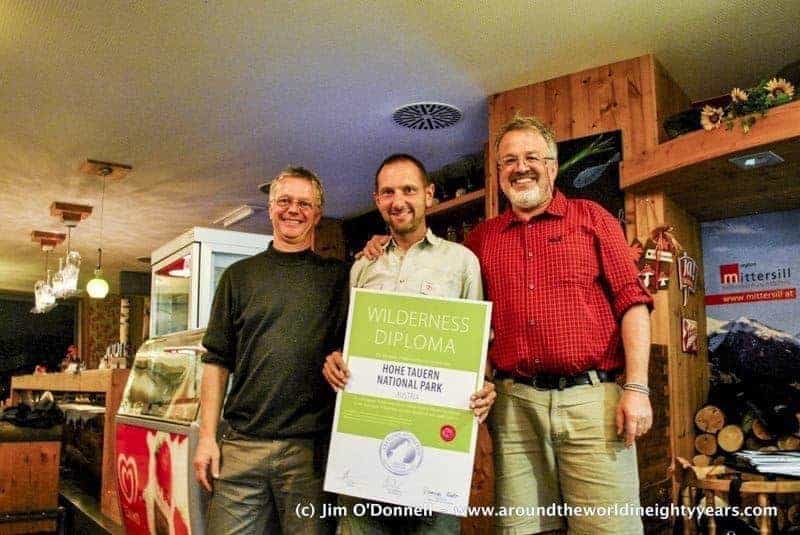
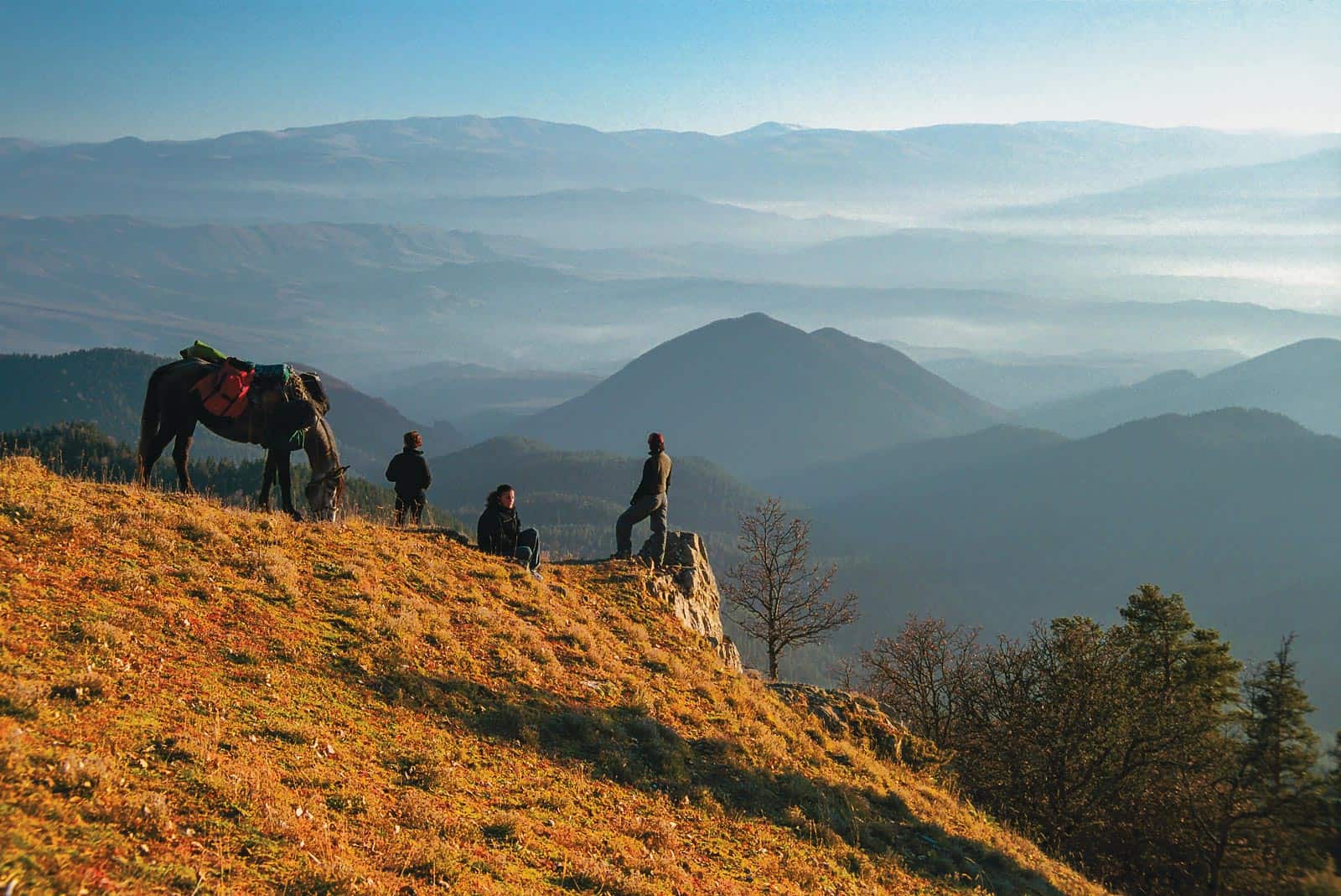
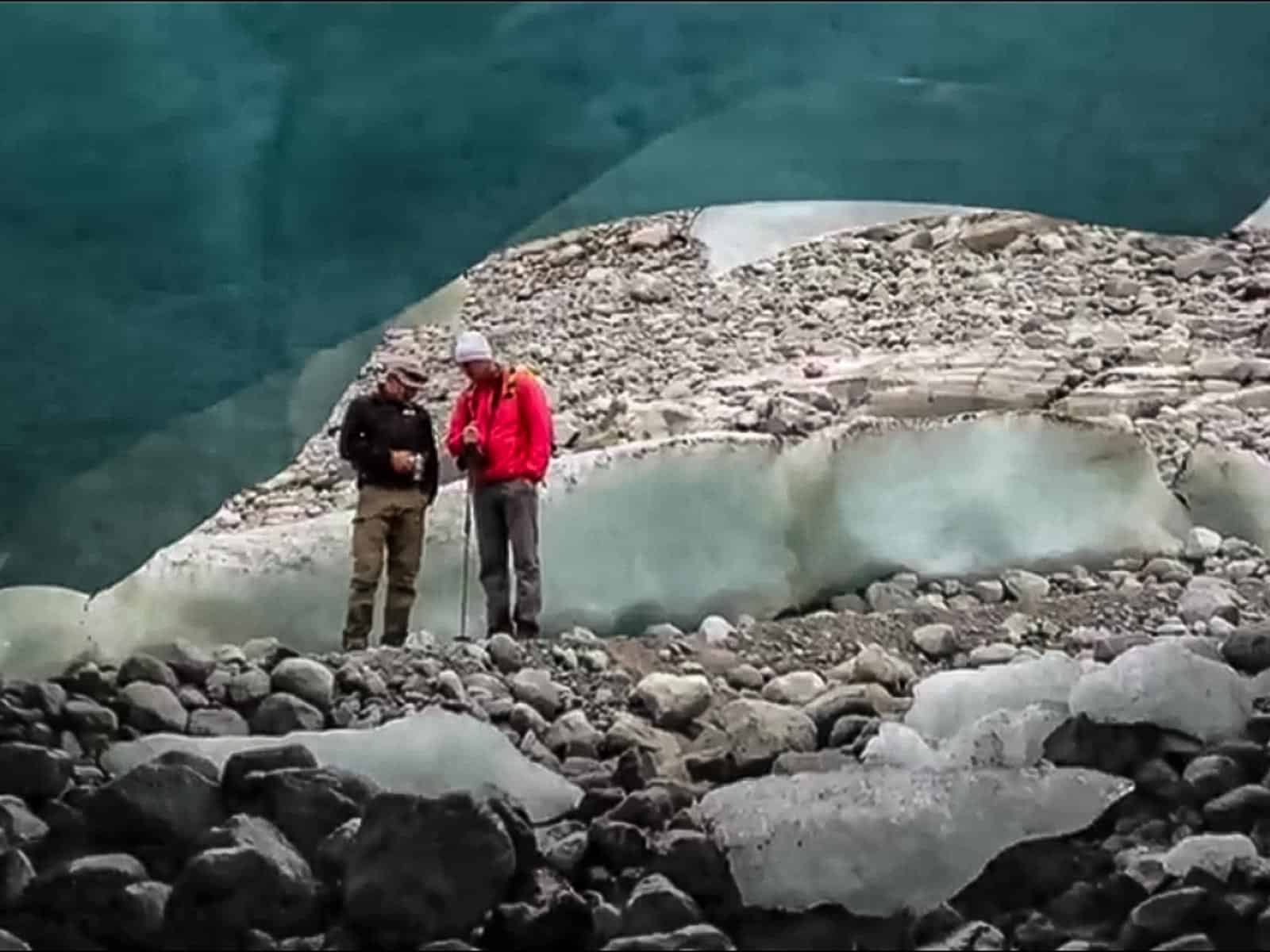
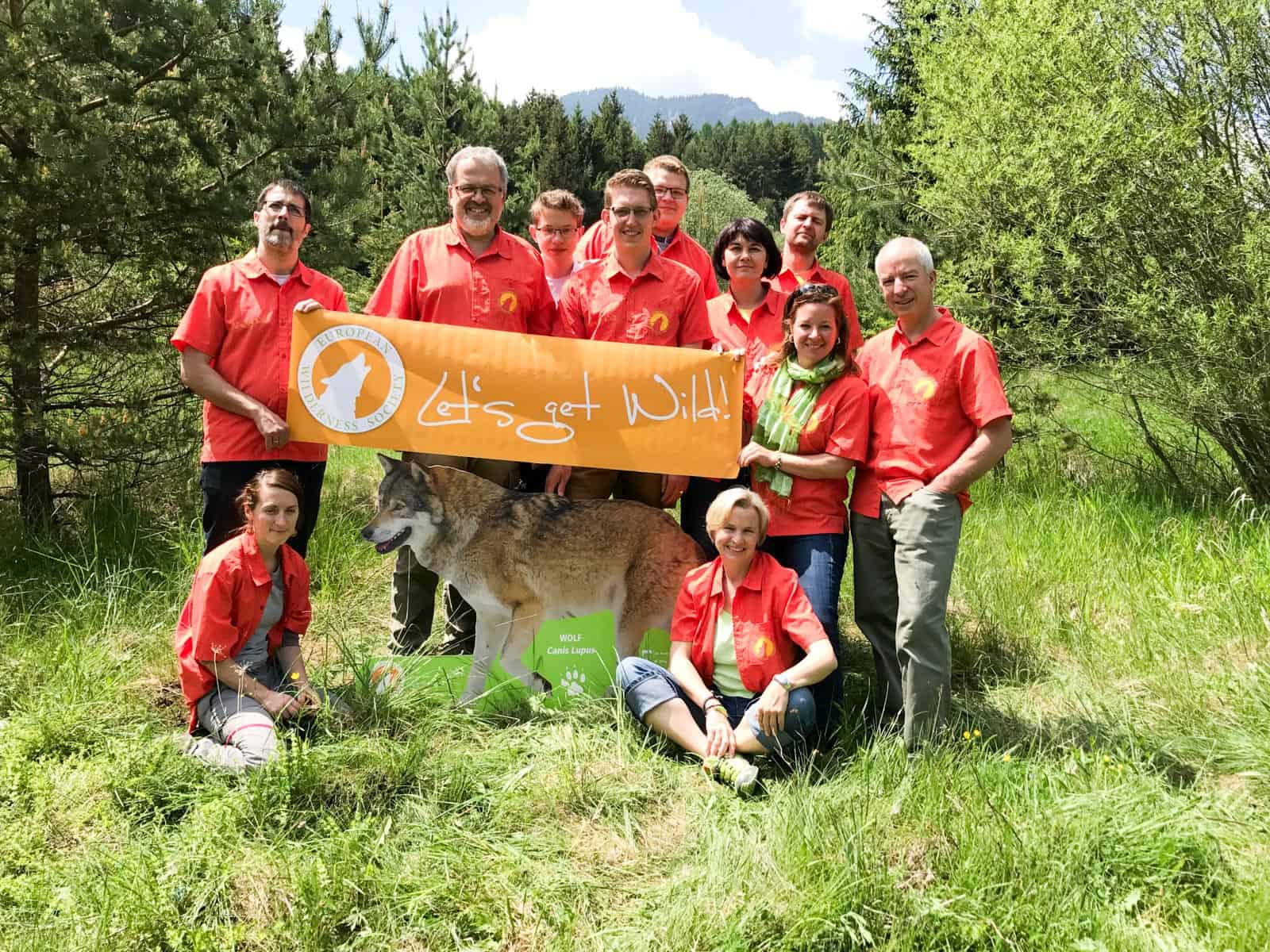
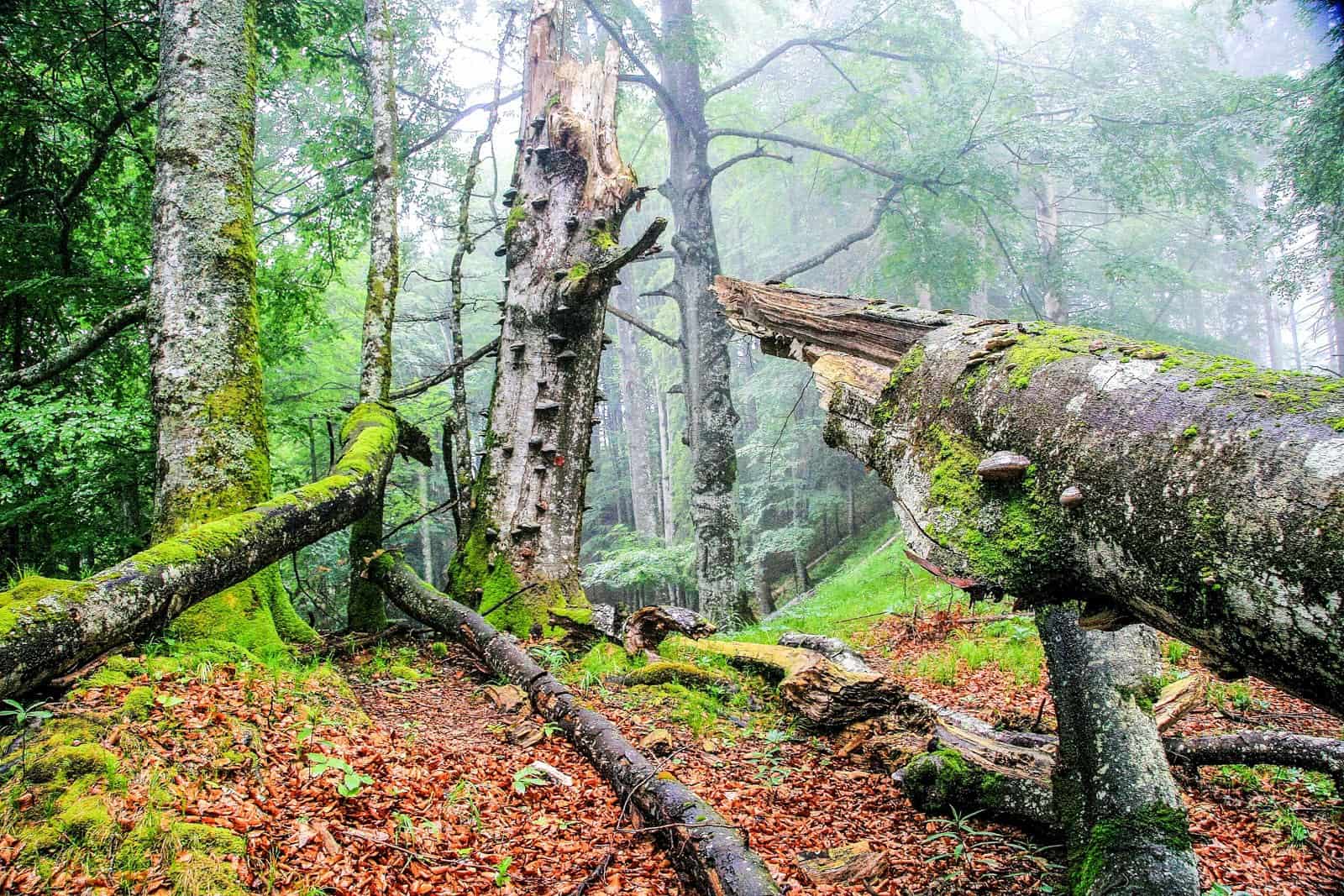

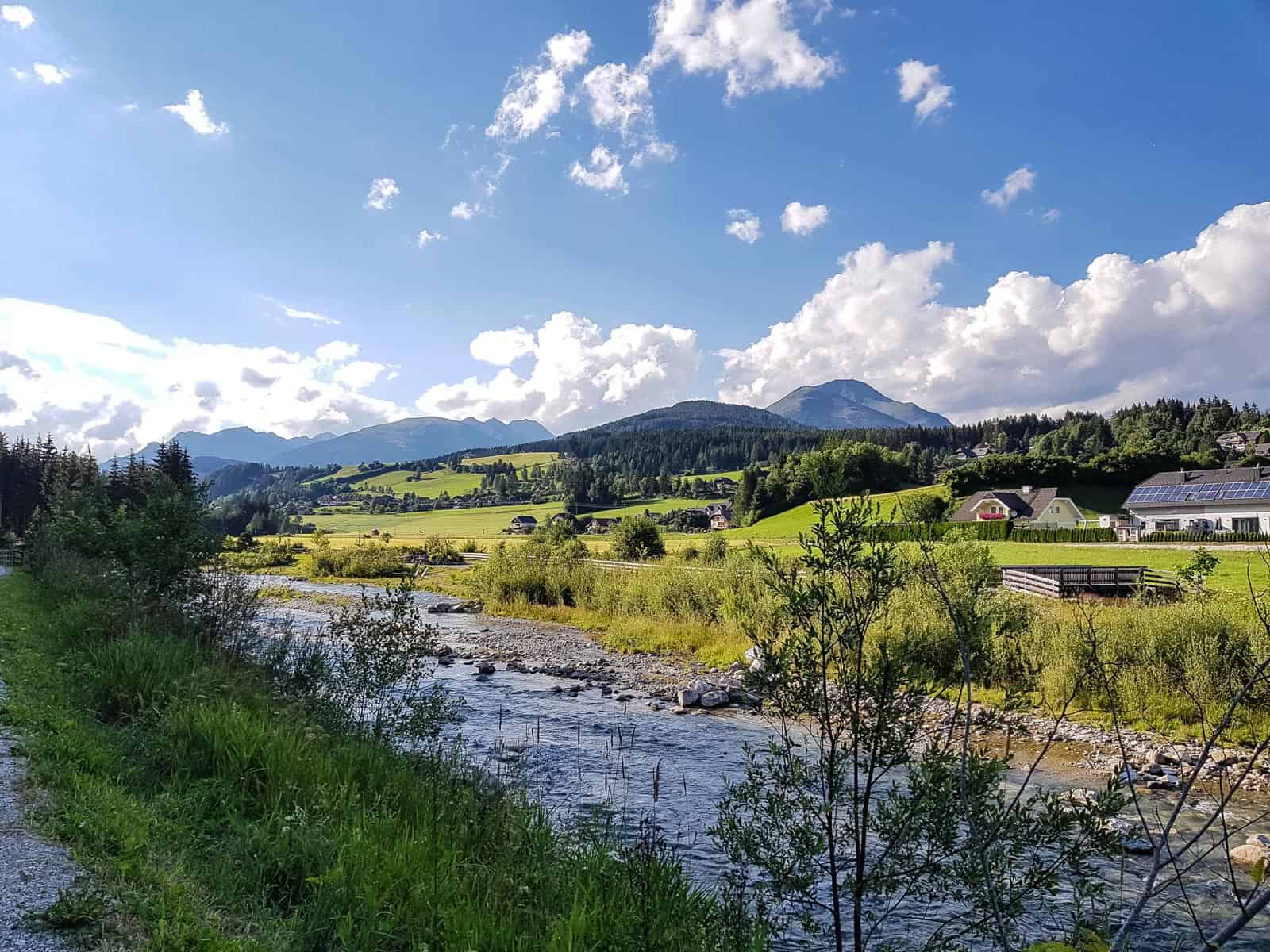
Can’t download it to print. Good article.